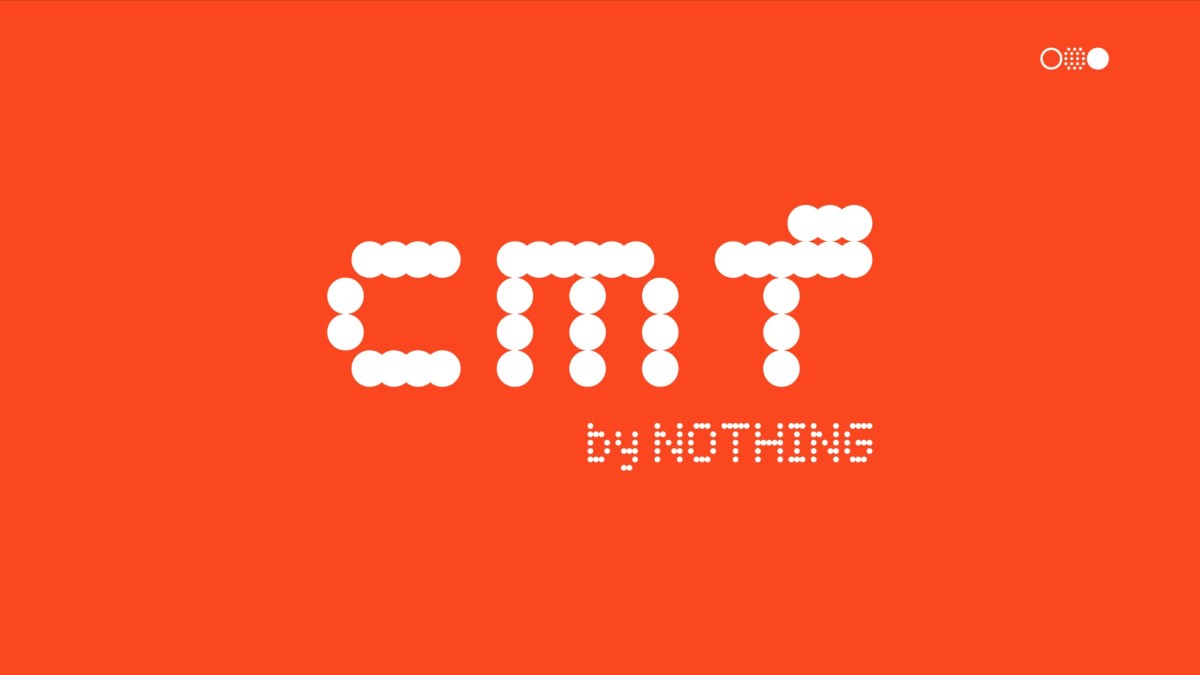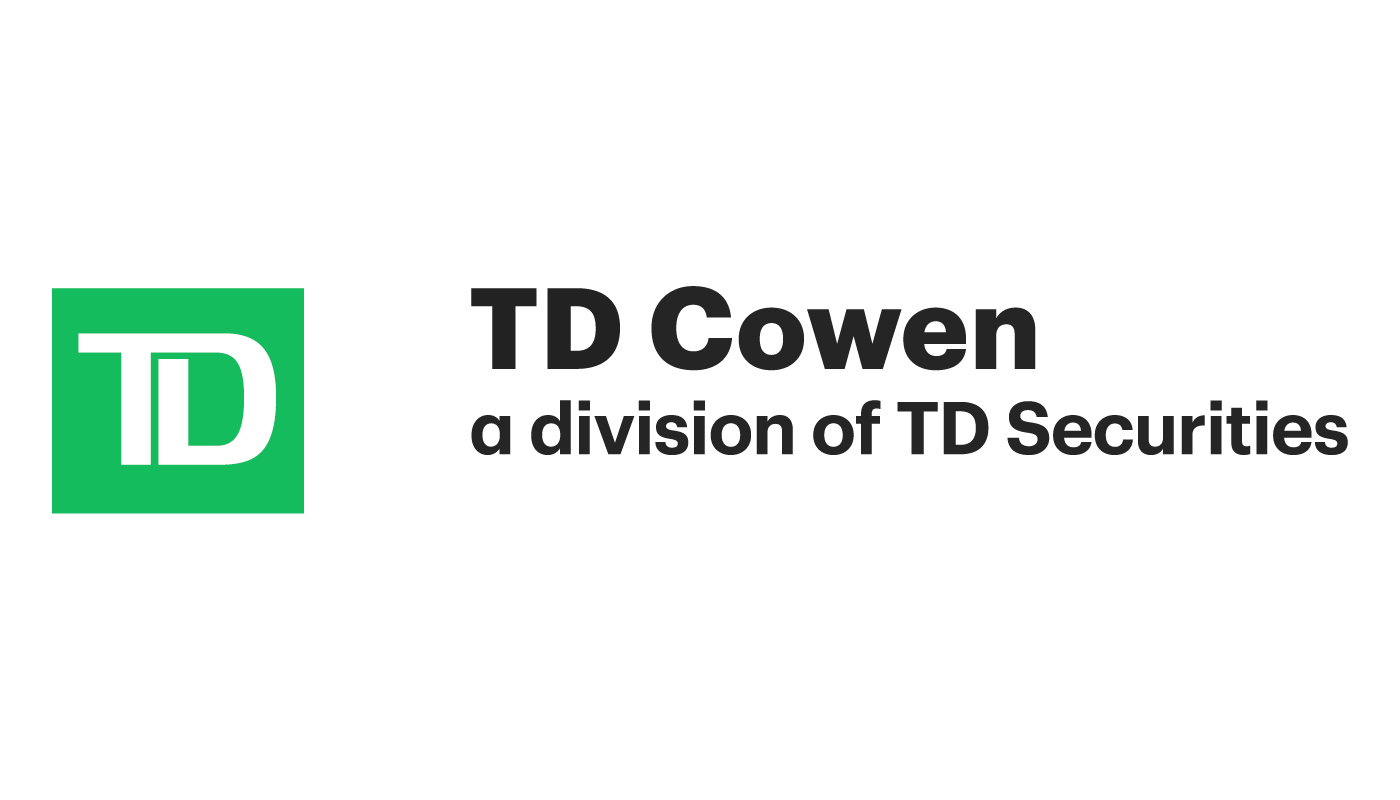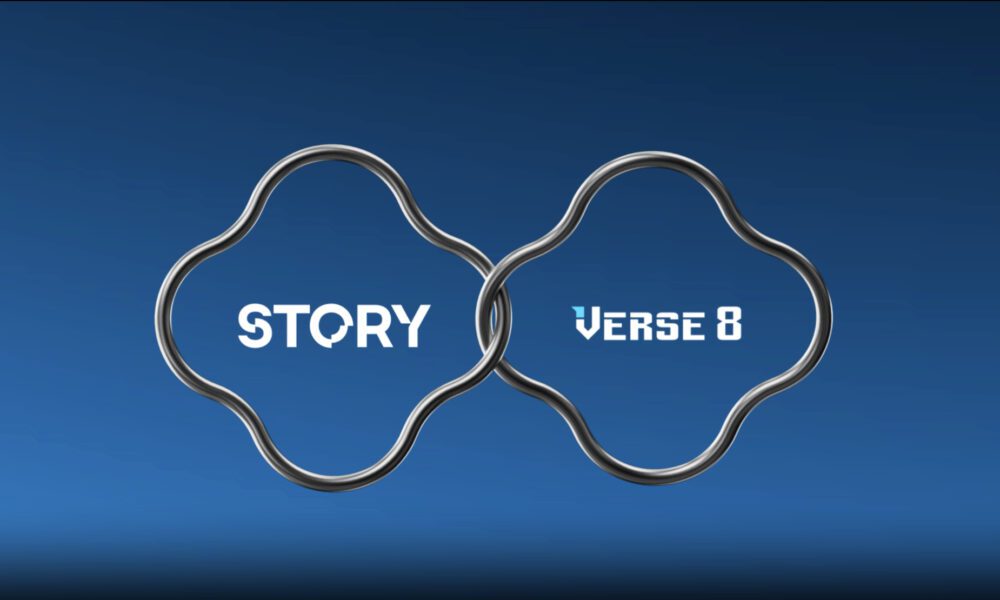Diversity VC, a non-profit that promotes diversity in VC in Europe, the US and Latin America, is scaling back its work due to a loss of funding from sponsors.
The organisation made the announcement in its monthly newsletter on Friday.
“The environment for fundraising for any business in technology and VC has been challenging in the last two years and Diversity VC is not immune from that,” Ladi Greenstreet, Diversity VC’s CEO told Sifted.
“We continue to have some fantastic sponsors and partners, but budgets are being cut across the board and we are not unable to raise the level of sponsorship.”
Diversity VC has already let go of a number of full-time members of its UK-based team, but would not reveal how many. It has also put some activities on hold, including its newsletter, regular community drop-in sessions and presence at industry events.
Greenstreet is quick to emphasise, however, that “Diversity VC is not going anywhere” for good.
It will continue to focus on its core services for firms, which include its diversity ‘standard’ for VC funds that certifies funds like Atomico, Balderton and Notion, and its internship programme for underrepresented talent: Future VC.
Diversity efforts slipping?
The news comes at a time when European investors and founders were already concerned that the tough economic environment would cause efforts to increase diversity to slip.
In 2023, 87% of all VC funding in Europe is still raised by all-male founding teams, while the proportion of funding raised by female founders has dropped from 3% to 1% since 2018, according to Atomico’s 2023 State of European Tech report.
The same report shows that while all founders have struggled to raise capital in the last 12 months, Black founders are feeling the strain more. 57% of Black founders surveyed by Atomico said accessing capital has been their biggest challenge in the last year, compared to 41% of white founders.
“There are still sadly cases of discrimination and bias towards founders and people who work in our industry that we are made aware of on a weekly basis,” says Greenstreet.
In July this year, for example, the UK government published a white paper describing the VC industry’s track record on diversity and inclusion as “woeful”. Meanwhile in the US, Fearless Fund dedicated to supporting black female founders is being sued.
“The work of Diversity VC is far from done and in fact is more important than ever,” adds Greenstreet.
Looking ahead
For many in the ecosystem, Diversity VC’s impact on the global tech ecosystem can not be understated.
“Funds generally have more inclusive hiring processes, parental leave policies now exist, and junior-mid level teams are more diverse because funds were given realistic guidance based on learnings from across the ecosystem,” says Liz Broderick, head of network and portfolio at Kindred Capital.
“It would be tough for individual funds to achieve the same outcomes if they had been operating independently.”
For now, Diversity VC is making preparations to be less reliant on large sponsorship by building a membership base that includes VCs and adjacent organisations.
It also has a busy quarter ahead: in Latin America, Diversity VC has launched a data report on intersectional diversity, and its UK team is planning to release the newest edition of its research later this year
“This is undoubtedly the most challenging period in our work to date but we are optimistic about the future,” says Greenstreet.
“Our job is far from done and the industry still has a long way to go before being truly fair and equitable.”







































